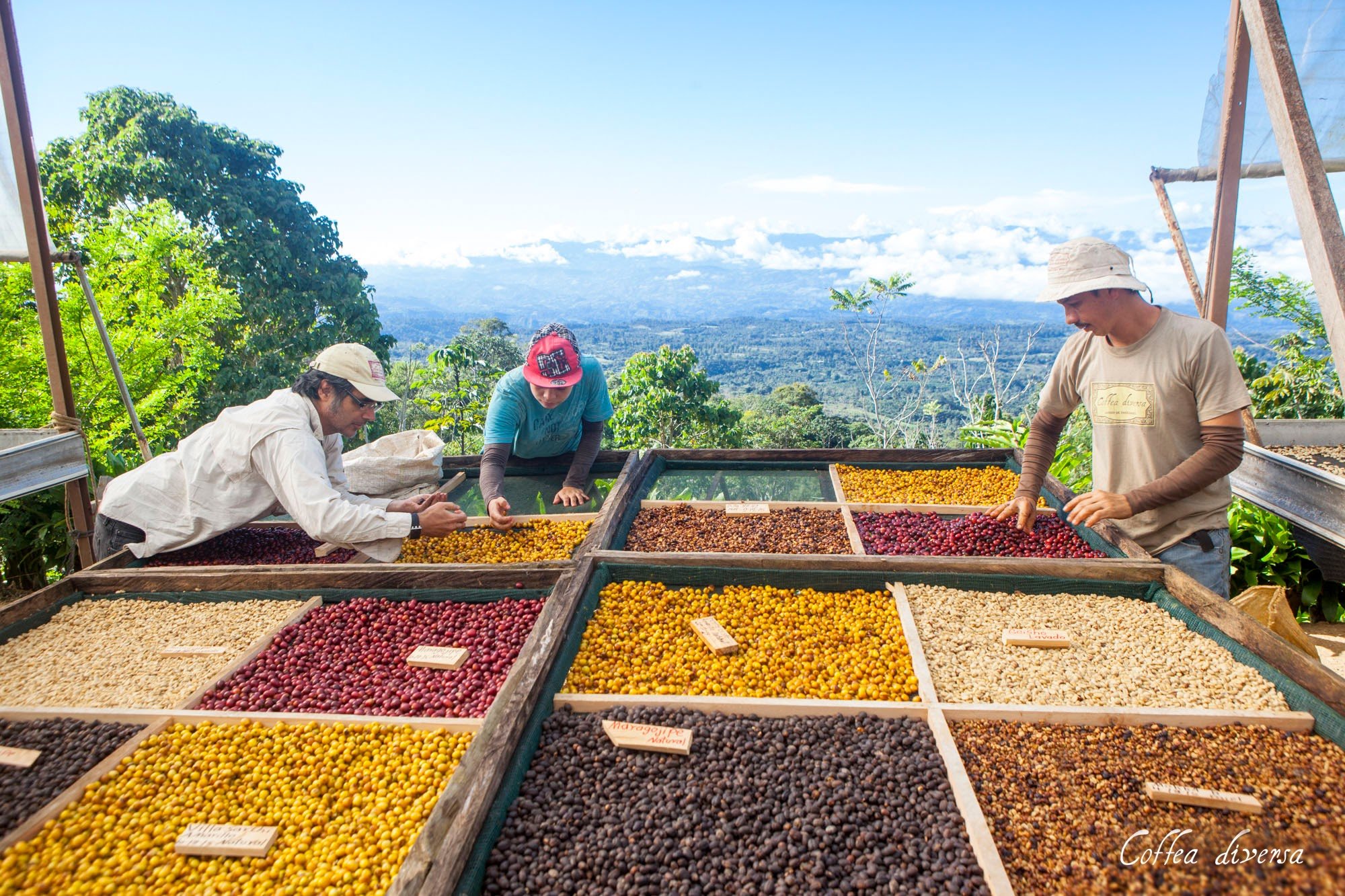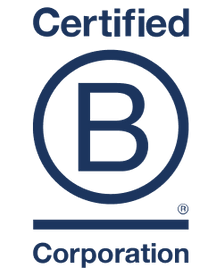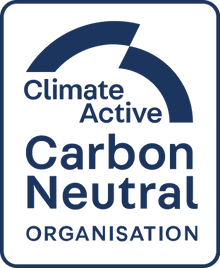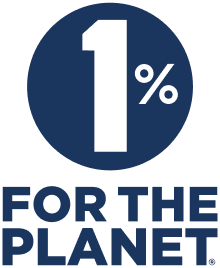We are very proud to announce P&R are finalists for the Banksia Foundation NSW Sustainability Awards in the Net Zero Action category. The Banksia Foundation has earned the reputation as one of the most prestigious sustainability awards in Australia and one of the longest-running sustainability awards in the world!
We asked our CEO, Abdullah Ramay, what this means for P&R, the challenges of becoming a sustainable and Net Zero business and the role certifications have in enabling impact.
What does it mean for P&R to be nominated for the Banksia Foundation award?
The Banksia Awards are one of the most recognised awards in Australia. To be recognised as finalists in the Net Zero Action category along with three other amazing organisations is a great milestone and humbling moment. While we would be doing this regardless of any recognition, these milestones allow us and our wonderful team to be even more motivated to carry on.
What challenges do we face on the way to becoming a Net Zero business?
Net Zero is not an easy journey. We have been on this journey for many years. We finally became a Carbon Neutral Organisation under Climate Active in 2020. This involves measuring, monitoring, reducing and offsetting organisational carbon/emission footprint. We still have a lot more to do; however, this is an important step on our journey. We are very excited to see others pledge or join a Net Zero future. We also became part of the 1% for the planet movement in 2021 which means we are not only a Carbon Neutral Organisation but 1 % of our annual sales is dedicated towards environmental issues so that we are also making a positive contribution to this very important issue of climate change.
Sustainability is becoming an essential part of any business as consumers demand sustainable options, however, greenwashing is a problem. How can businesses or organisations avoid greenwashing and drive real change in their industry?
Greenwashing is a real problem as it makes consumers lose trust in ethical industries, brands, products, and companies. One important solution is to use sustainability certifications and standards that are independently audited and verified. Such as Carbon Neutral Organisation by Climate Active, B Corporation, and 1 % for the Planet. There are also others. This ensures that everyone in the space making claims has credibility. There is also room for government standards to ensure that organisations with verifiable certifications can make marketing claims about carbon neutrality and similar things.
The importance of ESG (Environmental, Social, and Corporate Governance) & SDG (Sustainable Development Goals) Reporting
ESG/SDG reporting is very important for in-depth sustainability and environmental responsibility reporting. Typically these are produced by larger businesses and organisations. That being said, it’s most relevant to those more inquisitive and wanting an in-depth view of an organisation’s efforts. However, this is not a substitute for easy to identify certifications for every day products and services at a consumer level. Therefore, for more meaningful and broad-based change, we need both ESG /SDG reporting and easy-to-identify consumer level certifications.
How can consumers continue to support positive impact organisations?
We are all consumers of products and services and we should choose the best products and services for our planet and future generations within our means. I am a big fan of certifications as they allow for easy identification of environmentally friendly products and services. That’s how I go about selecting products and services. A lot more needs to be done in this space. Yet, I am hopeful of a future where a lot more brands, products and services will have these certifications which will make the consumer’s life easier.
What sustainability objective is P&R working towards next?
Our next two big objectives are to make all packaging in our organisation either recyclable or biodegradable and to achieve a score of over 100 as a B Corp organisation. We have many other projects focusing on energy reduction, waste reduction, upcycling waste, circular products, supply chain sustainability, and the like.
Click here to learn more about P&R’s sustainability journey.
You may also enjoy our article on Ethical Consumption.




